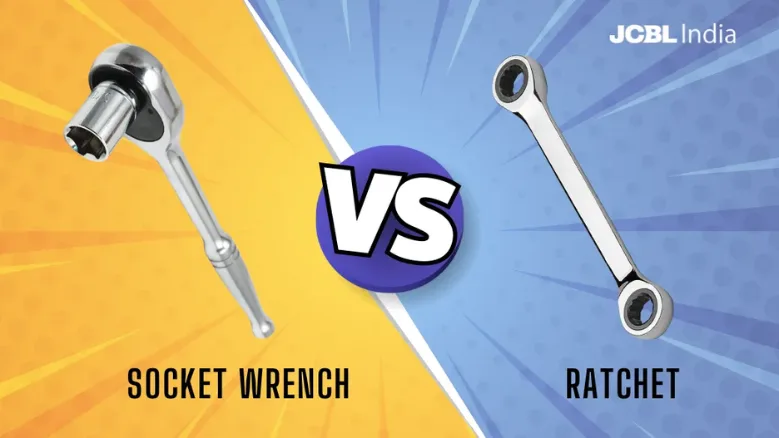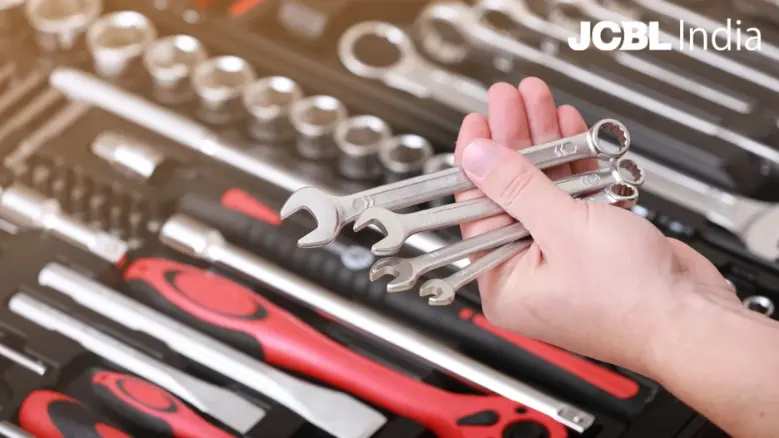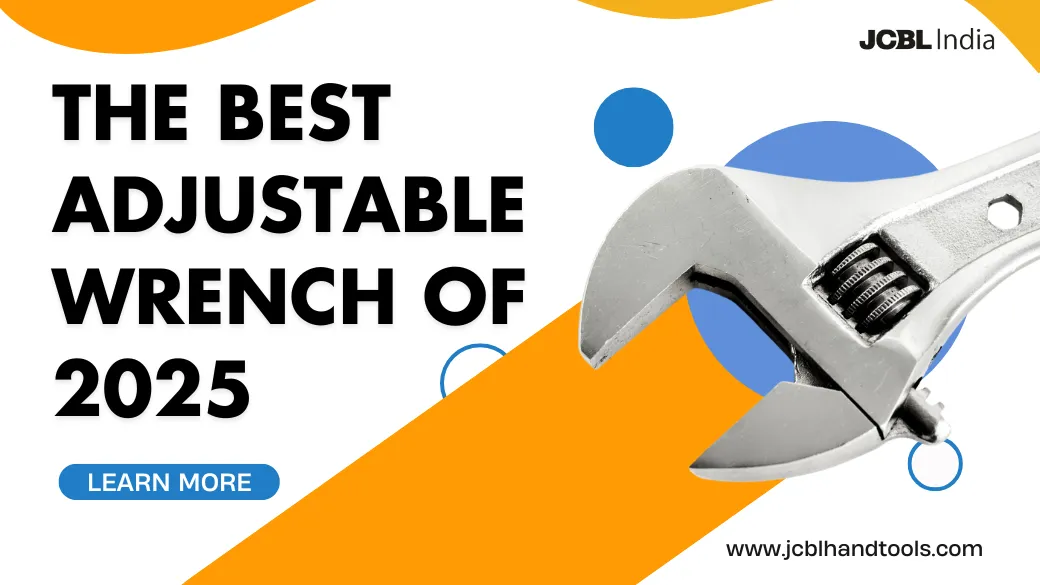Socket Wrench Vs Ratchet: What is the Difference?

In the world of hand tools, socket wrenches, and ratchet wrenches are indispensable for any mechanic, DIY enthusiast, or professional tradesperson. Understanding the differences between these two wrench tools can help you choose the right one for your task, ensuring efficiency and precision. This blog will delve into the specifics of socket wrenches and ratchet wrenches, as well as their uses, advantages, and differences.
What is a Socket Wrench?
A socket wrench is a versatile hand tool used to turn fasteners like nuts and bolts by applying torque. It consists of a handle, to which a socket is attached. The socket is a cylindrical tool that fits over the fastener, allowing for a secure grip. Socket wrenches are known for their ability to work with a wide range of fastener sizes, thanks to the interchangeable socket heads.
Additional Features of Socket Wrenches
Versatility: Socket wrenches are compatible with various types of sockets, including deep sockets for recessed bolts, impact sockets for use with power tools, and universal joints for awkward angles.
Also Read: Hand Tools And Power Tools!
Size Options: They come in different drive sizes, typically 1/4-inch, 3/8-inch, and 1/2-inch, with larger sizes offering more torque and better leverage.
Torque Control: Socket wrenches allow for precise torque application, which is essential when dealing with sensitive components that can be damaged by over-tightening.
Common Uses of Socket Wrenches
- Tightening or loosening nuts and bolts in machinery, vehicles, or household appliances.
- Applications requiring different socket sizes for various fasteners.
- Working on projects that require precise torque, such as assembling delicate machinery or equipment.
What is a Ratchet Wrench?
A ratchet wrench is a type of socket wrench that features a ratcheting mechanism, allowing continuous motion in one direction without needing to lift the tool off the fastener. This design makes ratchet wrenches particularly efficient for repetitive tasks and working in tight spaces.
Additional Features of Ratchet Wrenches
Reversible Mechanism: Ratchet wrenches often have a lever or switch that allows you to change the direction of the ratcheting motion, making it easy to switch between tightening and loosening fasteners.
Teeth Count: The number of teeth on the ratcheting mechanism affects the tool’s precision. Ratchets with more teeth (e.g., 72-tooth ratchets) offer finer control, requiring less movement to engage the next tooth, making them ideal for confined spaces.
Comfort and Ergonomics: Many ratchet wrenches come with ergonomic handles designed to reduce hand fatigue, especially during extended use. Some models also feature padded grips for added comfort.
Common Uses of Ratchet Wrenches
- Automotive repairs, such as engine work or tire changes.
- Assembly of furniture or equipment where repetitive turning of fasteners is required.
- Any task that involves working in tight spaces where a traditional wrench may not fit.
- Tasks that require switching between tightening and loosening without changing tools.
Socket Wrench vs. Ratchet Wrench: Key Differences
While both tools are used to turn fasteners, they differ in functionality and design.
Design and Mechanism
Socket Wrench is a basic tool that relies on manual effort to turn fasteners. It requires repositioning after each turn. Ratchet Wrench Incorporates a ratcheting mechanism, allowing continuous turning without the need to reposition the tool.
Efficiency
A Socket Wrench is slower and more labor-intensive but offers more control in some situations. A Ratchet Wrench, on the other hand, is Faster and more efficient, especially in tight spaces, thanks to the ratcheting mechanism.
Applications
Socket Wrench is Ideal for tasks where space isn’t an issue, or where precise control over the amount of torque is necessary. Ratchet Wrench is Best for tasks requiring speed and ease of use, particularly in confined spaces.
When to Use a Socket Wrench vs. a Ratchet Wrench
- Socket Wrench: Use when precision is key, and you need to apply consistent torque without the concern of tight spaces.
- Ratchet Wrench: Ideal for quick tasks, repetitive work, or when working in confined areas where frequent repositioning of a traditional socket wrench would be cumbersome.
Conclusion
Both socket wrenches and ratchet wrenches are essential tools in any toolkit. Understanding their differences and knowing when to use each one can significantly improve your efficiency and accuracy in various tasks. Whether you’re tightening a bolt on your car engine or assembling furniture at home, having the right tool for the job makes all the difference.
For any questions or further information about JCBL Hand Tools, please contact us at:
Phone: +91-9815579321
Email: handtools@jcbl.com




